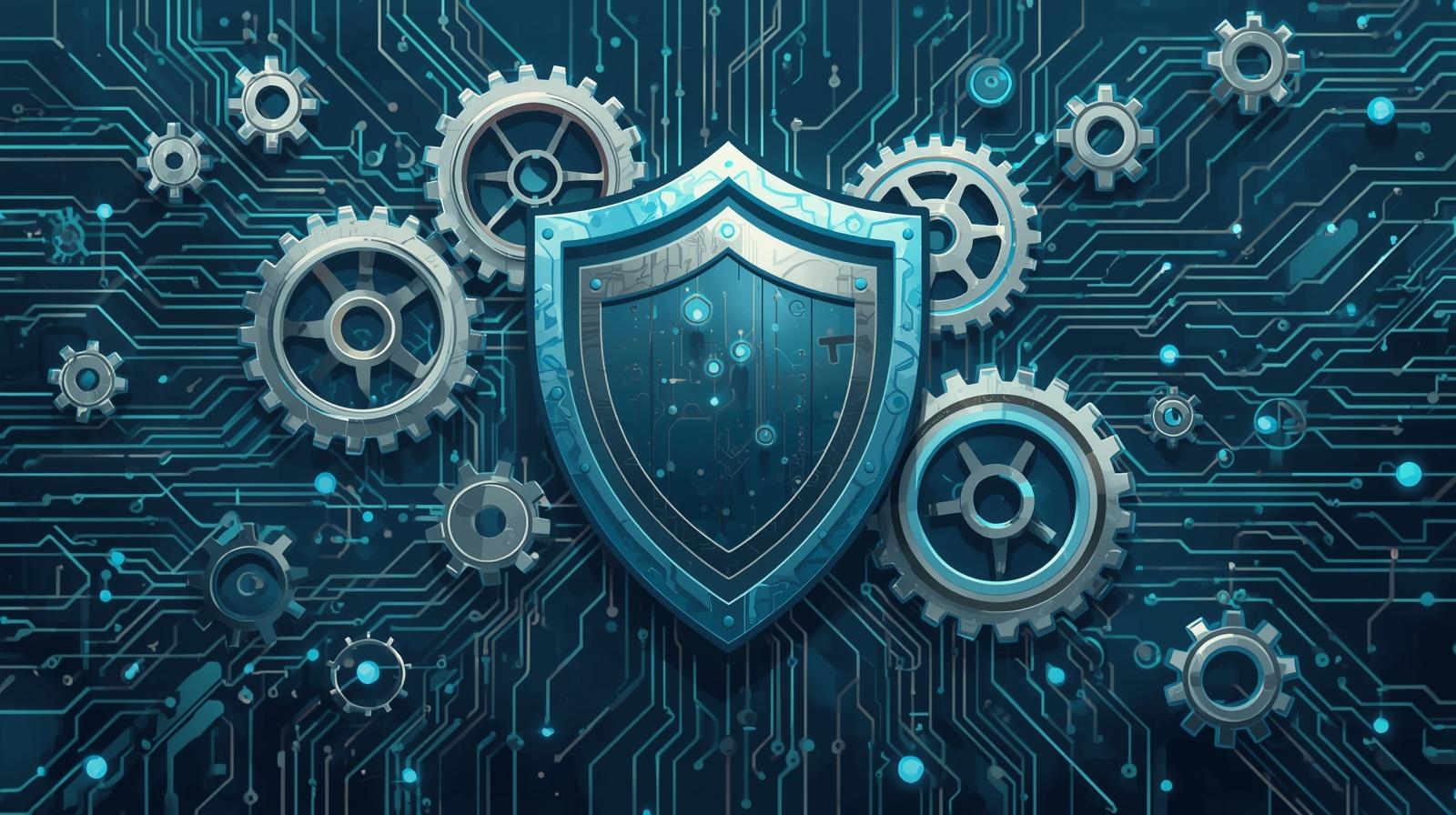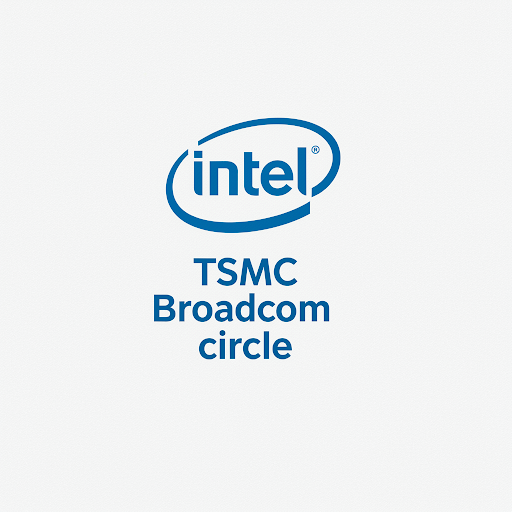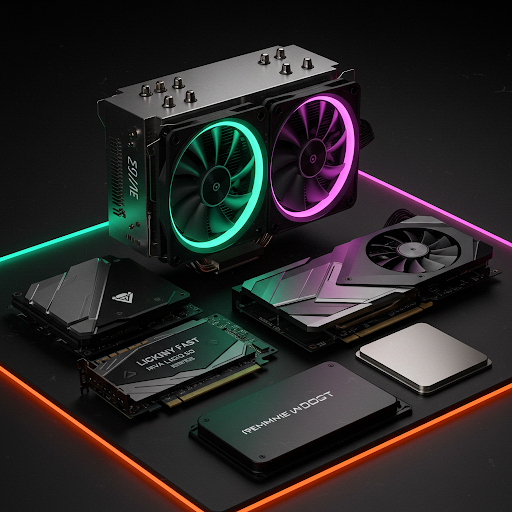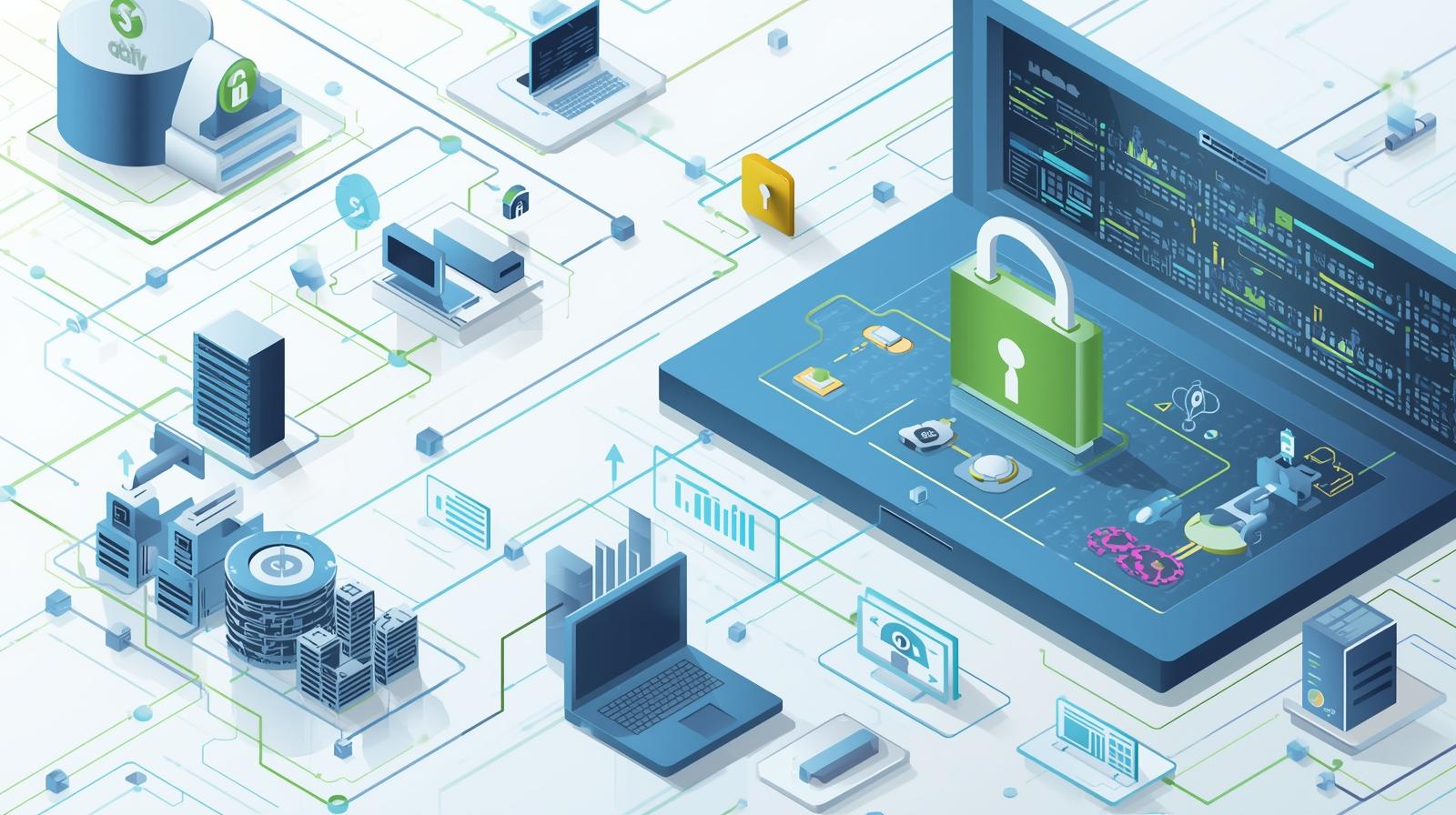What is the Main Function of an Operating System? | OS Explained
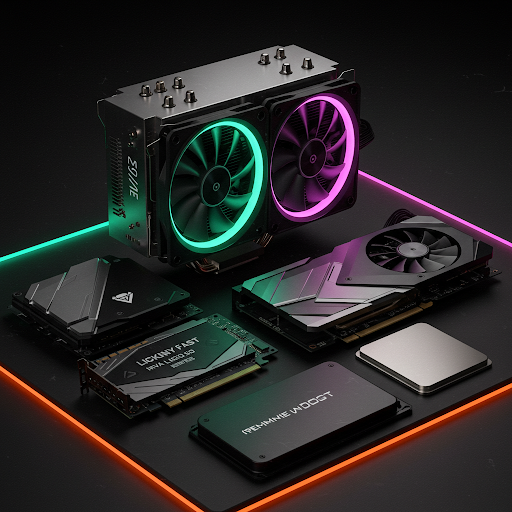
Discover the main functions of an operating system, including process management, memory allocation, and user interface control. Learn why OS is essential for computing.
An Operating System (OS) is the backbone of any computing device, acting as an intermediary between the user and the hardware. It ensures smooth communication between software and hardware components, managing resources efficiently.
Key Functions of an Operating System
1️⃣ Process Management
An OS handles multiple tasks simultaneously, ensuring each process gets enough CPU time. It schedules tasks, manages process execution, and prevents conflicts.
2️⃣ Memory Management
It allocates memory dynamically, ensuring that different applications have sufficient space to function without interfering with each other. Virtual memory techniques help optimize system performance.
3️⃣ File System Management
Operating systems provide a structured way to store, retrieve, and organize files. They ensure security, access control, and data integrity through file permissions and backup mechanisms.
4️⃣ Device Management
The OS manages input/output (I/O) devices such as keyboards, printers, and storage drives. It provides necessary drivers to facilitate communication between hardware and software.
5️⃣ Security & Access Control
Security is a critical function of an OS. It implements authentication (passwords, biometrics), encryption, and firewall mechanisms to protect against unauthorized access and cyber threats.
6️⃣ User Interface & Interaction
Modern operating systems offer Graphical User Interfaces (GUIs) like Windows and macOS or Command-Line Interfaces (CLIs) like Linux for user interaction.
7️⃣ Networking & Connectivity
The OS enables network communication, handling protocols, data transfers, and remote connections. It ensures seamless internet access and device synchronization.
Conclusion
An operating system is the heart of a computer, ensuring smooth operation by managing resources, securing data, and providing an intuitive interface. Without it, a computer would be unusable. Whether it's Windows, macOS, Linux, or Android, every OS serves the same fundamental purpose: efficiently managing the system to enhance user experience.
